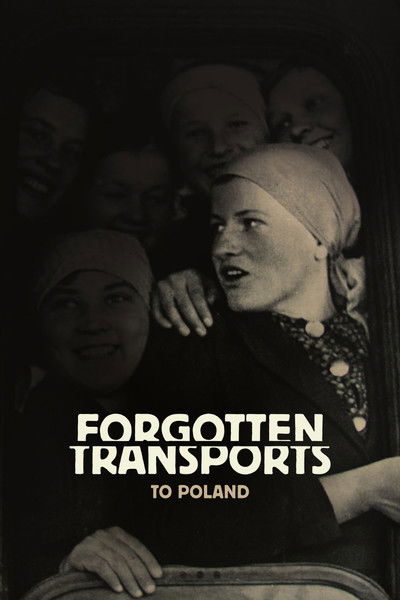Forgotten Transports to Poland
Genres
Documentary
OverView
Forgotten Transports to Poland is a documentary by Lukáš Přibyl, part of a series that explores lesser-known Holocaust deportations. This film focuses on Jewish deportees sent to little-known camps in eastern Poland during World War II. It highlights their survival strategies and personal stories, offering a human perspective on these largely forgotten events.
Others
Budget
$--
Revenue
$--
Status
Released
Original Language
Czech
Runtime
85 mins
Rating
0/10
Release Date
12 March 2009
Country
Czech Republic
